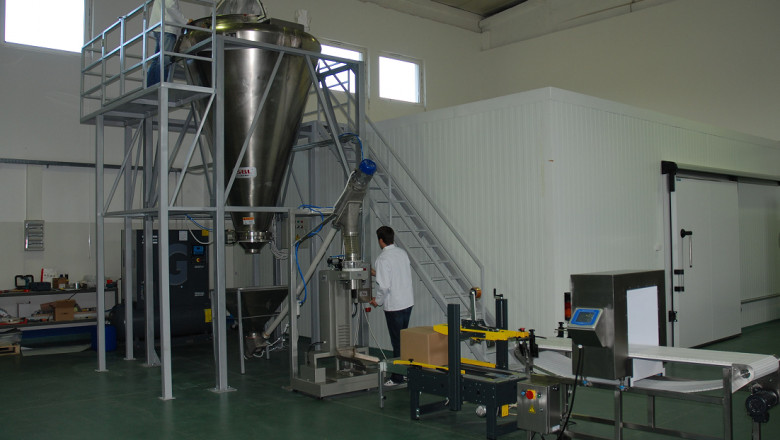views
Common Issues with the Conical Mixers - VORTEX Mixing Technology
Conical mixers are gaining popularity for their versatility in blending powders, granules, and pastes across various industries. However, real-world application reveals a host of mechanical, electrical, and structural issues that can affect performance, safety, and cost-efficiency. Below is a detailed analysis of the key operational problems encountered with conical mixers.
One of the most disruptive problems in conical mixer operation is the machine stopping suddenly during use, especially when the discharge mechanism fails to respond. This can occur due to electrical faults, motor overload, or sensor failure in automated systems. In manual systems, mechanical jamming of the discharge valve or screw can prevent proper unloading of materials.
Improper alignment of the conical mixer during installation often leads to vibration and abnormal noise during operation. A common culprit is the speed changer (gearbox), which may be misaligned, worn, or inadequately supported. Vibrations not only affect product consistency but also accelerate wear on components.
Bearings in the conical mixer, especially those supporting the rotating screw and drive shaft, are prone to overheating under certain conditions. This issue is particularly dangerous, as overheated bearings can fail suddenly and lead to catastrophic equipment damage.
Low output from conical mixers is often linked to mechanical inefficiencies and process design flaws. This problem is multi-factorial and may be rooted in underpowered motors, incorrect pulley ratios, or wear and tear on mixing elements like hammer plates.
Starting problems and movement failures often stem from electrical system faults, especially in environments with unreliable power infrastructure. In many cases, phase loss, voltage drops, or improper wiring can prevent the mixer from starting or running stably.
Despite their valuable advantages in handling sensitive and shear-sensitive materials, conical mixers are not without serious operational drawbacks. From mechanical failures and inefficiencies to broader industrial challenges, understanding and addressing these issues is essential for successful implementation.For manufacturers, the key lies in proactive maintenance, proper installation, accurate machine selection based on material properties, and investing in higher-end, well-supported equipment.
Hot Search:Mixers
Twin Shaft Paddle Mixer
Plough Shear Mixer
Ribbon Blender Mixer
Conical Screw Mixer(Nauta Mixer)
Copyright © 2017- 2025 VORTEX Mixing Technology All Rights Reserved SiteMap
















Comments
0 comment